20% OFF ALL PENRITE PRODUCT ONLINE


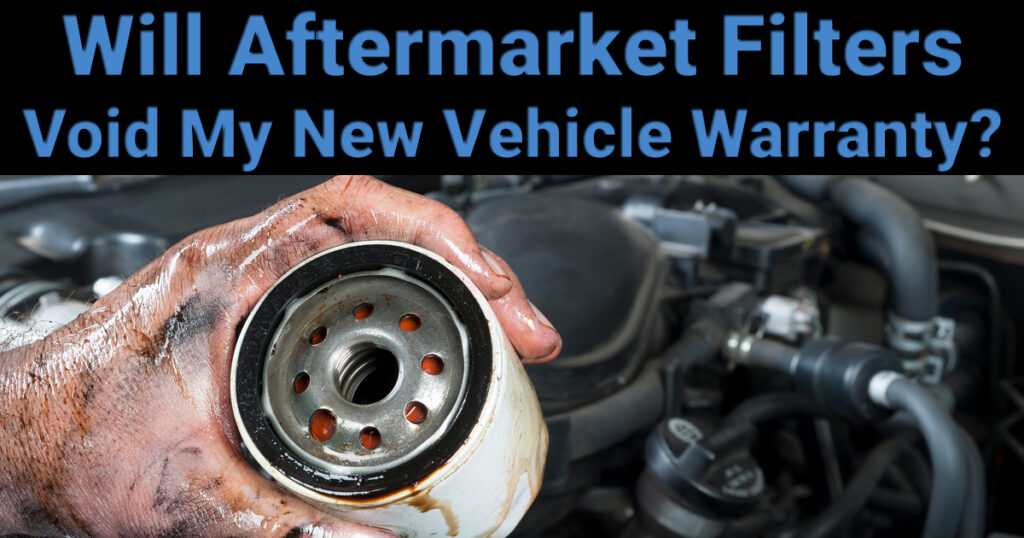
In our modern times, it is easy to take comfort in the knowledge that we are all protected by consumer laws which are designed to give retail and wholesale customers like yourself the safety and peace of mind that you won’t be taken advantage of by less than scrupulous businesses. But it wasn’t always like this and modern consumer protections are a relatively recent thing, only being enacted in the early 1970s. The laws surrounding New vehicle warranties are forever being changed and re-written to keep up with changing practices and technologies too, so how do you know what is fact and fiction when so many people and businesses have a vested interest? Simple, the Australian Competition and Consumer Commission.
When you take into consideration that the car market has been around for some 50+ years before the inceptions of the Australian consumer law it is easy to see how so many insidious practices like overcharging, OEM brand enforcement and voiding warranties on a whim could happen in the wild west of the old days. But in some circumstances, these bad practices still bleed into our current times when some business owners chase a better bottom line rather than what is fair for the customer.
There have been countless cases that have gone before the ACCC over the last 30 years regarding poor behaviour from the OEM dealers in the Australian market and the ACCC chairman Rod Sims officially put the New Car Industry on notice in 2017 stating “The ACCC is deeply concerned about the level of non-compliance with the Australian Consumer Law in the new car industry. We will continue to take action to address failures by car manufacturers and retailers to provide the remedies to which consumers are entitled. Complaints to the ACCC about new car manufacturers have risen to more than 10,000 over the past two years. Our draft report highlights the urgent need to address widespread issues in the industry.”
12 years earlier the ACCC had already ruled on new vehicle warranty and car servicing in the April 2005 issue of the Consumer Express (Issue 1445-9671) which starts on page 3 under the heading “Car need a service?”. The ACCC lays out the laws on Aftermarket parts and your new vehicle warranty. “The issue here is not who manufactured the part/s, it is whether the part/s are fit or appropriate for the purpose intended. If a part is non-genuine but is interchangeable with the genuine part, it could be seen as being fit or appropriate for the purpose and would therefore not void the manufacturer’s warranty. However, it must also be noted that should the part/s installed fail or not perform satisfactorily, the consumer then has rights against the fitter and/or manufacturer of those replacement parts. If the non-genuine part fails and causes some other damage to the vehicle, the dealer and vehicle manufacturer will not be liable for damage caused by the failure of that part.”
The long and the short of it is, you can use aftermarket parts to service and repair your vehicle as long as the manufacturer of the aftermarket part specifics that that part is for your vehicle which can save you a lot of money! For example, at the time of writing this article (07/09/2020), a common Toyota Fuel Filter 23390-78280 retails from a Perth based Toyota Dealer for $76.90. This particular filter fits many Toyota applications but for this example, we will use the Toyota Prado KDJ150 and as you can see from the below image taken from the aftermarket Brand Wesfil’s catalogue, it is specified to fit our application. The current price of the Wesfil WCF104NM is $15.84 which is a saving of over $60!

You can quickly see how over the lifetime of a vehicle that using quality aftermarket parts can save you literally thousands of dollars over using OEM and to really punctuate this point for you an Australian Automotive Aftermarket Association report found that “Spare parts are subject to dramatic mark-ups that help fatten a dealer’s or manufacturer’s bottom line. Industry research obtained by Drive found that building a $21,000 hatch from parts bought at retail would cost $114,081 – more than five times its original cost”.
There is another big secret that OEM companies don’t want you to know either, especially when they are trying to convince you of the ‘Better Quality’ of their OEM Filters. They don’t make Filters! They make cars. Let that sink in for a moment. The OEM dealers, who charge unfairly high prices are selling you the same Filters made by the aftermarket factories and claiming they are of better quality when the aftermarket factories are the ones who make them in the first place.
Now let’s deal with the elephant in the room by looking at the second part of the ACCC ruling from 2005, “If the non-genuine part fails and causes some other damage to the vehicle, the dealer and vehicle manufacturer will not be liable for damage caused by the failure of that part.” Put simply instead of being covered by the OEM warranty by itself you are now covered by the aftermarket manufacturers warranty too.
For example, in the unlikely event of a product failure, your registered mechanic or the OEM would identify the problem and report it back to you. If they identify the aftermarket part as faulty you would need to contact the company you purchased the product from, then on your behalf, they would contact the manufacturer who would appoint an independent engineer to access the claim. If the engineer agrees that the part caused the fault then the aftermarket company would pay for the repairs to fix your vehicle back to the state before the failure. If the engineer finds that the part did not cause the failure then your OEM warranty would kick into effect again and they would be responsible for the repairs.
Now we aren’t going to sugar coat things for you here and knowing how unscrupulous some of the OEM dealers can be and considering the ACCC has already put them on notice, going through this process probably isn’t going to be a pleasant experience, regardless if you used OEM parts or not. As long as you report any poor behaviour to the ACCC and you are buying reputable aftermarket brands then you shouldn’t have an issue.
Ok, so what do we mean by reputable aftermarket brands? Put simply this means any brand that follows the following criteria
In regards to filters there are many trustworthy brands out there but here are a few that we know are reputable with great warranty backup and support; Baldwin Filters, Fleetguard, Donaldson, Wesfil, Ryco, Mann, Wix, Hengst, Mahle, JS Filter, HIFI Filters. This is not a definitive list by any means but if you are unsure of a brand use our criteria above and do some research.
Like with everything, yes and no. As mentioned above using a reputable brand is very important and buying a no-name brand filter from eBay for $2 and having it delivered from some company with no warranty backup is going to land you in hot water if a failure occurs. A reputable brand will ensure you are covered warranty but also so the filters are made to OEM or higher specifications but if you are comparing a good brand with a good brand the answer gets a bit grey.
We sell a lot of filters all around Australia in multiple brands and we sometimes get customers that want only a specific brand, like Fleetguard for example which is fine, Fleetguard is one of the good brands but it doesn’t make them better. In the picture below you can see 3 aftermarket brands (Baldwin Filters, Fleetguard Filters and Donaldson Filters) and 1 OEM Brand (Caterpillar), all of these brands (except Cat) make filters to very high quality and are made above and beyond OEM specifications but they all came out of one factory.
How do we know this? Well, the drain tap design is patented by Baldwin Filters, so all of these filters were manufactured by Baldwin. We are not saying for a moment that Baldwin is superior to these other brands, quite the contrary, we are saying that all these brand manufactures for each other. For manufacturers like Baldwin, Donaldson and Fleetguard it is a numbers game, by which we mean that if it works out cheaper for a competitor brand to make the filters than it is to pay for all the tooling and make it themselves they will simply order in bulk and have it painted and branded to themselves. The only one that doesn’t is Caterpillar as again, being an OEM they don’t make filters, they make machines. But this one photo is a perfect example of why OEM branded filters are not better than aftermarket and also why competitor reputable brands don’t matter either.
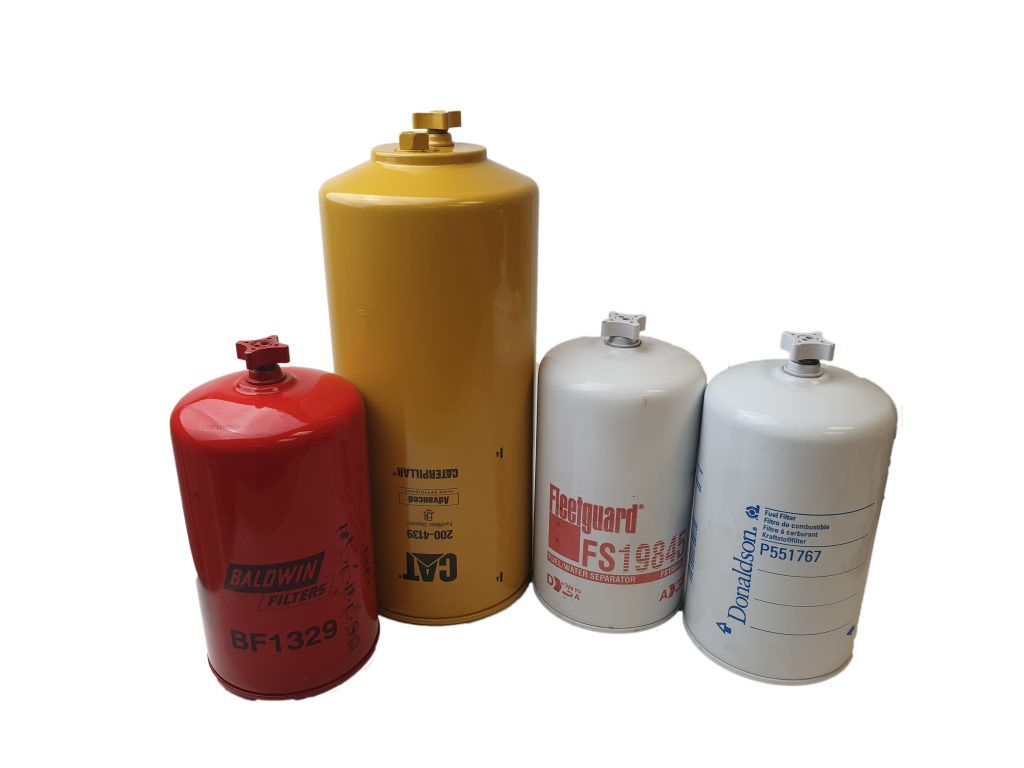
If an OEM dealer is sticking to their guns and telling you that your warranty will be voided if you use aftermarket parts, ask for it in writing with company letterhead. I can almost guarantee you that they won’t give it to you as they know they will be in breach of the ACCC ruling but as with everything we have discussed today there is a grey area that you need to be wary of. According to the ACCC “, Some extended warranties contain restrictive terms and conditions, such as excluding certain parts, setting caps on claims or requiring you to use a nominated repairer.”
Some of the OEM dealers offering free servicing are also being disingenuous with the ACCC finding that “In our experience, consumers are experiencing a great deal of frustration – they are often of the view that they will have their vehicle serviced annually for three years at no cost. The reality is that there is always a cost: oil and filters are changed at every scheduled service and the cost of all parts that are replaced as a result of normal wear and tear are passed to the consumer. It is common to hear stories of car owners receiving an invoice of $750 for their “free” service.
Regardless of whether you decide to use aftermarket Filters you now have the information to make a better decision and remember that if you ever run into issues with an OEM, also refer to the ACCC if you believe your consumer rights are being impinged.
To learn more in-depth about the OEM car industry and where you stand, you can read the following ACCC Documents
New Car Retailing Industry – Market Study Issues Paper
Just Bought a New Car
New Car Industry Put on Notice
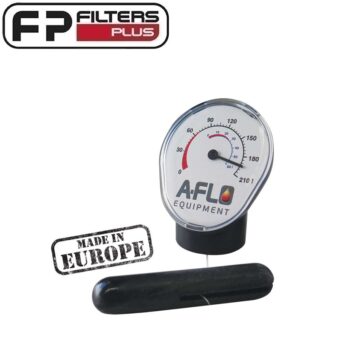 A-FLO
A-FLO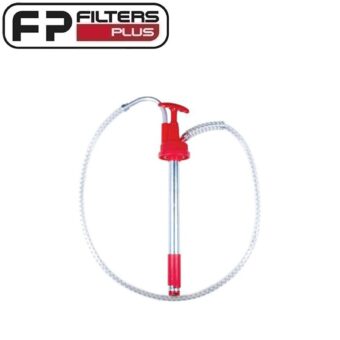 A-FLO
A-FLO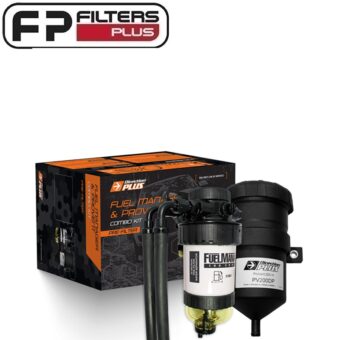 DIRECTION PLUS
DIRECTION PLUS